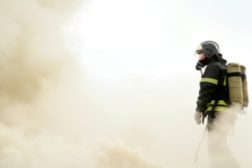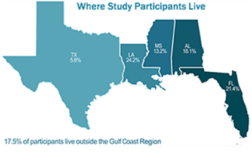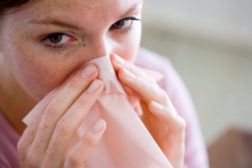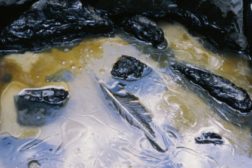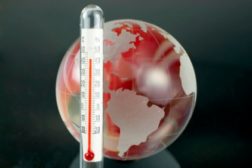Home » Keywords: » niehs
Items Tagged with 'niehs'
ARTICLES
Health study of Gulf oil spill cleanup workers enters new phase
Research continues four years after the Deepwater Horizon oil spill
April 17, 2014
Where you live doesn’t affect whether or not you get allergies – just which ones
Study counters notion of allergy-free zones in U.S.
April 2, 2014
Become a Leader in Safety Culture
Build your knowledge with ISHN, covering key safety, health and industrial hygiene news, products, and trends.
JOIN TODAYCopyright ©2024. All Rights Reserved BNP Media.
Design, CMS, Hosting & Web Development :: ePublishing
